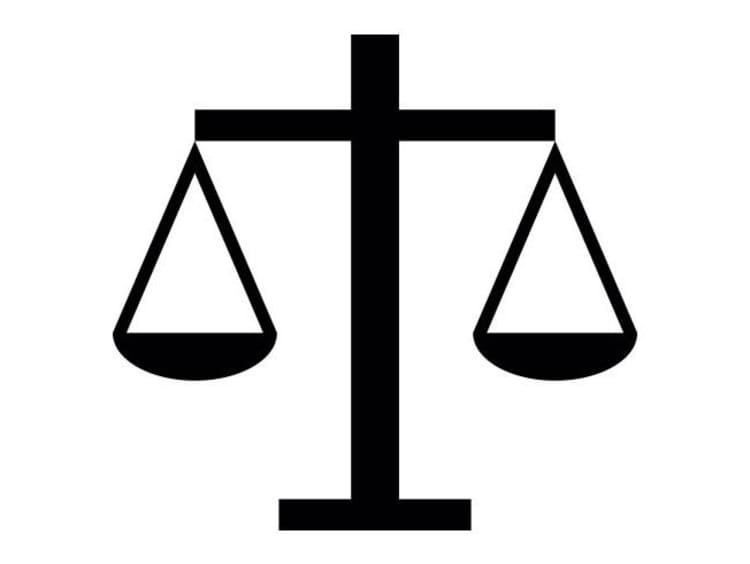Does Bad Theology Put People in Hell?

Recently, Bart Campolo (a high-profile person in evangelical Christianity) announced that he has become an atheist, prompting his father, Tony Campolo (another high-profile evangelical voice) to express his sadness but also declare that God doesn’t send people to hell for bad theology.
This is an intriguing and intensely practical question: does bad theology put people in hell? There is a certain sense in which it does not. Any number of believers around the world may fail to understand the subtleties and finer points of some areas of Christian doctrine.
Human and Divine
A Christian friend of mine was asked recently whether Jesus has one nature or two natures, and his immediate response was that Jesus has one nature. After all, he is the utterly unique Savior.
However, when he learned that orthodox Christians have always recognized that Jesus has two natures (a divine nature and a human nature) because he is both truly God and truly human, he saw the logic and acknowledged that Jesus does indeed have two natures.
Before my friend came to this recognition, was he in danger of going to hell? Of course not. He simply hadn’t (yet) been instructed in the theological inferences that the church has drawn from the teaching of Scripture.
The Unhelpful Separation
On the other hand, there is indeed a sense in which bad theology can land someone in hell. The fact that this statement may sound off-putting is evidence of our unhelpful separation of theology and spirituality, or between the knowledge of God and our moral standing.
We tend to think of theology as something purely ‘theoretical’ or distanced from real life, but in Scripture, knowledge of God (or lack thereof) is a moral matter. According to the apostle Paul, creation testifies to God’s eternal power and deity so plainly and powerfully that those who deny him aren’t merely lacking information.
Rather, they “suppress the truth by their wickedness” (Rom. 1:18-23, NIV). They have every reason to recognize God’s sovereign lordship and abundant provision for creation, but they are, as Paul says in Ephesians, “darkened in their understanding and separated from the life of God” (Eph. 4:18; cf. Acts 14:17).
Spiritual Truths
This is why everyone needs the help of the Holy Spirit to discern and receive spiritual truth: our minds and our affections and spiritual sensibilities are so thrown off by our patterns of sinful thinking and living that we fail to see “the light of the gospel of the glory of Christ, who is the image of God” (1 Cor. 2:6-16; 2 Cor. 4:4).
Our sin prevents us from recognizing our sin, from bowing the knee to Christ and humbly receiving his life and death in our place. That is one sense in which ‘bad theology’ is a matter of heaven or hell.
There is another, and it hits home especially for those who want to serve in the ministry of the gospel. Leaders who propagate bad theology – a warped understanding of God, of the law, of the gospel, of God’s call to receive Christ – lead people astray.
The Promise
God promised to give Israel “shepherds after my own heart, who will lead you with knowledge and understanding” (Jer. 3:15). Yet, there are many who, in Paul’s words, “gather around them a great number of teachers to say what their itching ears want to hear. They will turn their ears away from the truth and turn aside to myths” (2 Tim. 4:3-4).
Those who follow the whims of culture and give people what they want to hear – which in our day certainly has nothing to do with a holy God who calls us out of our sin and darkness – will be in the business of conducting people along the road of destruction.
The remedy then: let us pursue the knowledge of God at GCU and wherever we may do our work in such a way that we bring together intellectual rigor and devotion to God and his word for the well-being of everyone that we serve!
The views and opinions expressed in this article are those of the author’s and do not necessarily reflect the official policy or position of Grand Canyon University. Any sources cited were accurate as of the publish date.


